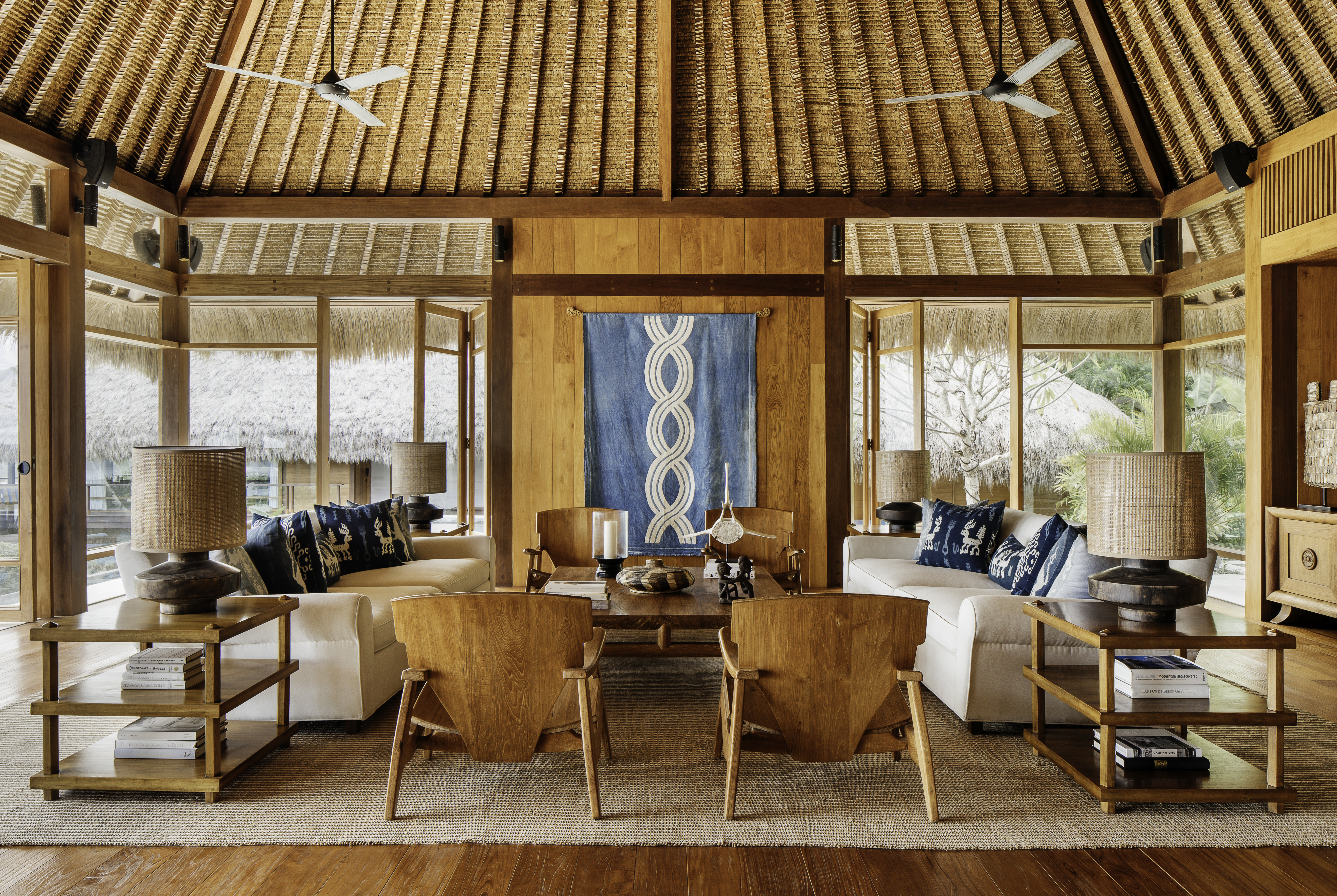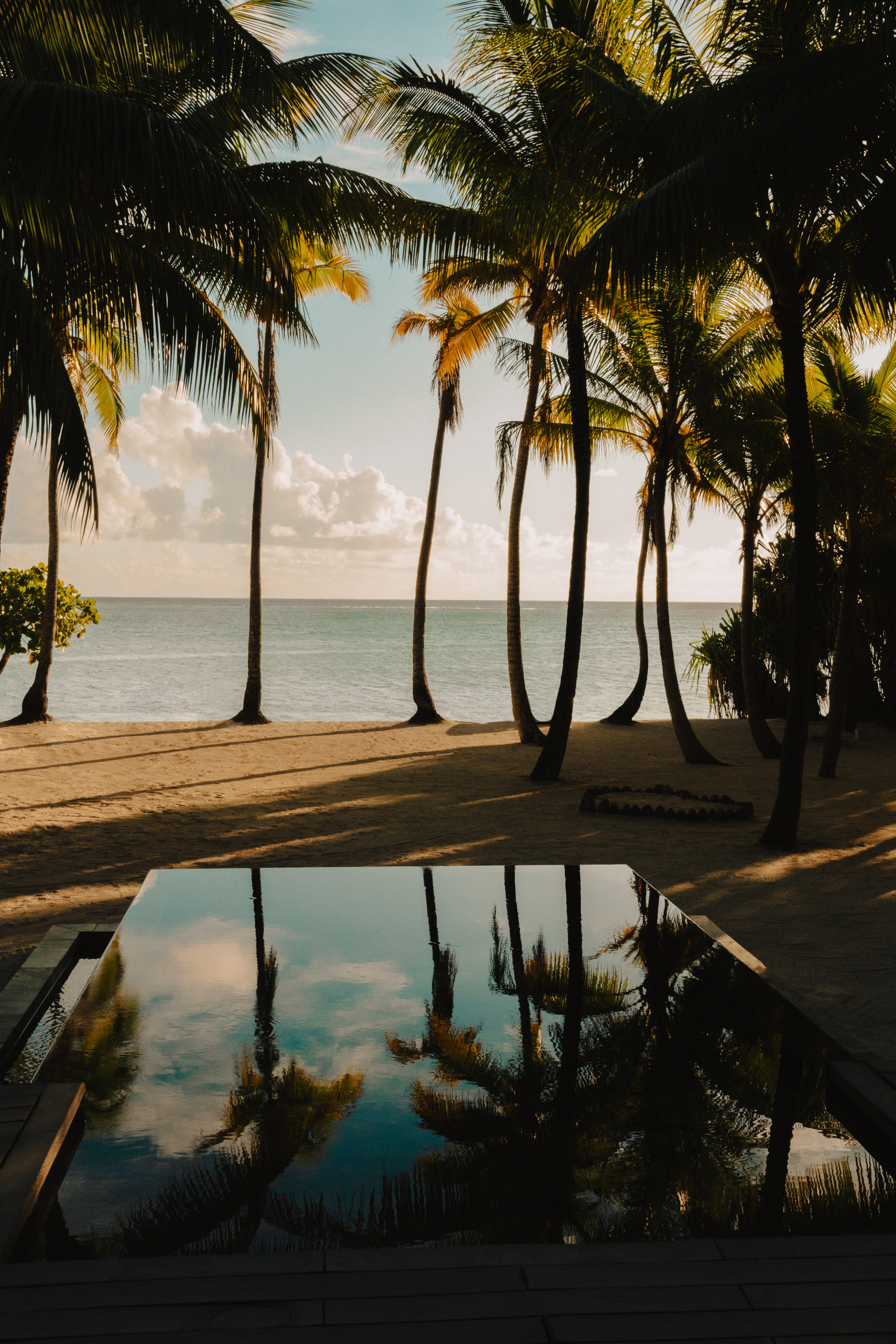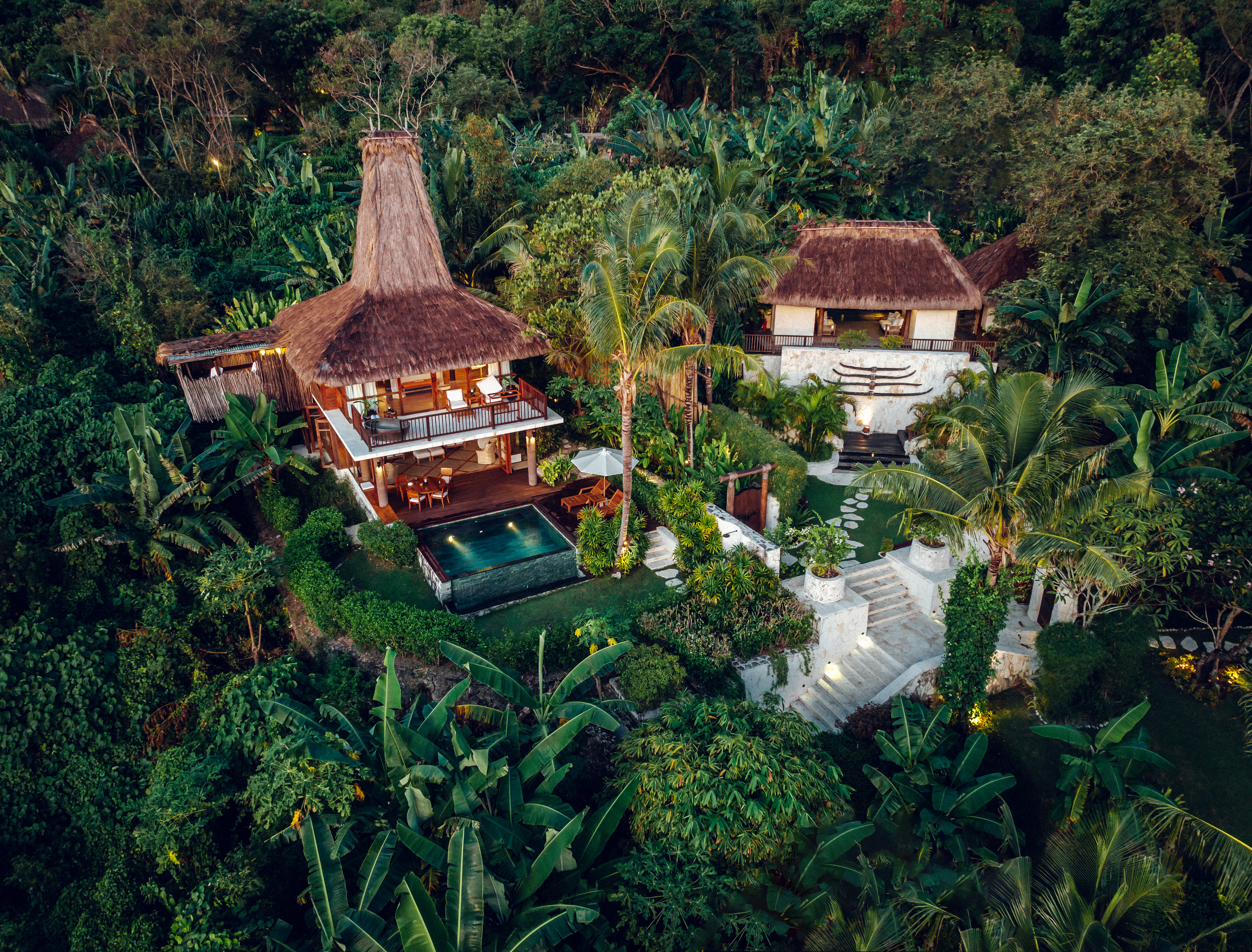In the realm of luxury travel, a new trend is steadily emerging, reshaping the way we perceive and experience luxury. This trend merges the high-end resorts with the principles of sustainable travel, crafting an experience that is as indulgent as it is environmentally conscious. Welcome to the world of luxury eco-resorts.
More than ever, discerning travelers are seeking out destinations that not only offer an escape from their daily routines but also align with their values of environmental stewardship. These luxury eco-resorts serve as the perfect answer to this growing demand, offering an unrivaled blend of comfort, extravagance, and sustainability.
But what exactly defines a luxury eco-resort? At its core, it’s a retreat that offers top-tier amenities and services, akin to traditional luxury resorts, but with a strong commitment to minimizing its environmental impact. This involves everything from sustainable construction and energy-efficient operations to organic dining and conservation initiatives. One of the standout features of these eco-resorts is their integration with the natural environment. From stunning treehouse accommodations in the heart of rainforests to lavish tents in the sprawling savannah, these resorts provide an immersive experience, allowing guests to be at one with nature without compromising on comfort or luxury.
Here are three of the top eco-conscious luxury resorts worldwide that manage to blend luxury with sustainability.
Nihi Sumba, Indonesia
Located on the island of Sumba in front of Indonesia’s best surf spot, NIHI Sumba is a place where rugged luxury meets breathtaking natural beauty, allowing guests to reconnect with a life lived simply, healthfully, and mindfully. The 27 villas, with their thatched roofs, are hand-built by Indonesian craftsmen using sustainable materials. NIHI Sumba is committed to being a carbon-neutral hotel, one of the only resorts in the world powered by bio-fuel produced from coconuts at its own bio-diesel factory. Moreover, the resort is dedicated to fostering community-based projects through its Sumba Foundation, by establishing access to clean water, creating educational programs, and lessening the effects of Malaria.

The Brando, French Polynesia
The Brando provides an exclusive retreat, hosting 26 beachfront villas and a private residence within the private atoll of Tetiaroa, which consists of several small islands or ‘motus’ nestled in a radiant lagoon to the northeast of Tahiti. In its journey towards becoming carbon-neutral, this resort is setting new standards for ecological hospitality, with an enduring commitment to sustainability. Each structure within the complex is crafted from materials that are locally sourced, certified, renewable, or integrated with recycled components.
The resort’s pioneering approach to energy efficiency is manifested through its innovative deep seawater air-conditioning system and its significant reliance on solar power. More than 4,700 photovoltaic panels adorn Tetiaroa’s airstrip, satisfying 60% of the resort’s energy requirements. Additional energy generated during daylight hours is stored within lithium batteries, which are largely constructed from recyclable materials. These batteries have the capacity to power the atoll throughout the night, completing multiple thousands of deep discharge cycles throughout their service life.
In a symbiotic relationship of conservation and education, The Brando aligns closely with the Tetiaroa Society, a guardian non-profit organization established to safeguard the atoll’s integrity. This partnership sees The Brando as a platform to showcase the vital work of the Society to the world, signifying that one entity’s existence is intertwined and mutually dependent with the other. This relationship reflects a broader vision of sustainable interdependence both on Tetiaroa and globally.

Six Senses Bhutan
The Six Senses brand has sustainability in its DNA. One collection of five lodges – known as Six Senses Bhutan – merits particular recognition. These serene and luxurious lodges, which vary in style, showcase the diversity and special character of each valley in the Himalayan Kingdom. Sustainability lives at the foundation of Six Senses Bhutan and is reflected through active management of energy, water, waste, purchasing, and chemical usage. Bhutan keeps 60 percent of its land under forest cover, as mandated by its constitution. The four pillars of Bhutan’s Gross National Happiness (GNH) philosophy – Sustainable Development, Environmental Protection, Cultural Preservation, and Good Governance – are all carefully woven into the operation of Six Senses Bhutan.
These resorts demonstrate that luxury and eco-consciousness are not mutually exclusive, but can complement each other in creating a unique and fulfilling travel experience. Other examples : in the heart of Botswana’s Okavango Delta, you’ll find a resort that operates entirely on solar power, offering luxurious tents with private plunge pools overlooking the wildlife-rich floodplains. Meanwhile, nestled in the verdant hills of Bali, Fivelements Retreat provides a tranquil wellness retreat, featuring organic gardens, yoga studios, and a menu centered on locally sourced ingredients.
Moreover, these resorts play a pivotal role in promoting sustainable travel. By employing green practices and contributing to local conservation efforts, they demonstrate how tourism can be a force for good. Guests are often encouraged to participate in various eco-activities, such as reef restoration projects or wildlife conservation programs, allowing them to contribute to the destination’s environmental wellbeing.
To sum it up, luxury eco-resorts are redefining the norms of luxury travel. They’re proof that indulgence and sustainability can go hand in hand, paving the way for a future where travel is not just about the destination, but also about preserving it for generations to come. So, the next time you’re planning your luxurious getaway, consider an eco-resort. It’s an experience that’s bound to be as enriching for you as it is for the environment.
Cover Photo : Georg Schorschal

